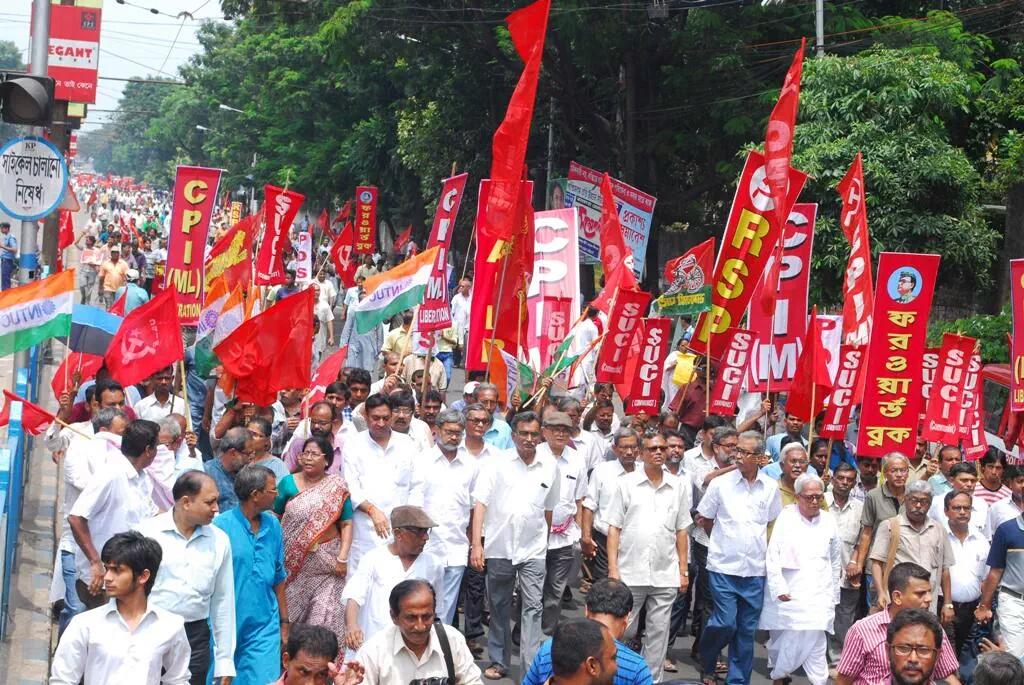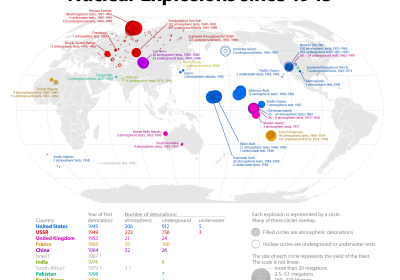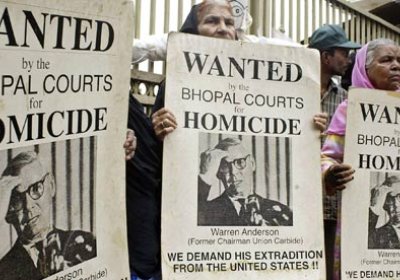 Photo: Kavita Krishnan.
The article below is abridged from an editorial in ML Update, published by the Communist Party of India (Marxist-Leninist) Liberation.
***
Photo: Kavita Krishnan.
The article below is abridged from an editorial in ML Update, published by the Communist Party of India (Marxist-Leninist) Liberation.
***
India
 Photo: Kavita Krishnan.
The article below is abridged from an editorial in ML Update, published by the Communist Party of India (Marxist-Leninist) Liberation.
***
Photo: Kavita Krishnan.
The article below is abridged from an editorial in ML Update, published by the Communist Party of India (Marxist-Leninist) Liberation.
***
Students, journalists and teachers protested at Jawaharlal Nehru University (JNU) in New Delhi on February 16, demanding the release of an arrested student leader and denouncing violence by Hindu supremacists.
The dispute has sparked new allegations that Prime Minister Narendra Modi's government and his Bharatiya Janata Party (BJP) are cracking down on political dissent in the name of patriotism.
 India witnessed a powerful general strike on September 2, across most sectors of the economy and civil administration. The strike was called jointly by central trade unions and supported actively by various sections of the Indian left.
India witnessed a powerful general strike on September 2, across most sectors of the economy and civil administration. The strike was called jointly by central trade unions and supported actively by various sections of the Indian left.
 About 150 million workers across India went on strike on September 2 to protest the "pro-business" policies of the Narendra Modi-led BJP government.
Trade unions are opposing government plans to sell off stakes in state-run companies and change labour laws, which will put jobs at risk and worsen working conditions.
About 150 million workers across India went on strike on September 2 to protest the "pro-business" policies of the Narendra Modi-led BJP government.
Trade unions are opposing government plans to sell off stakes in state-run companies and change labour laws, which will put jobs at risk and worsen working conditions.
Temperatures across the Middle East this week have soared in an unprecedented heat wave, forcing residents to stay indoors.
In the Iranian city of Basrah, located in the epicentre of the heat wave, temperatures exceeded 48°C for the seventh day in a row on August 1.
On the same day, the Iraq capital of Baghdad sweltered through its fourth consecutive day of temperatures higher than 48 degrees. Governments from both countries have been forced to declare public holidays to protect people from the sweltering temperatures.
In April last year, the government of the Marshall Islands announced it would be taking nine nations — China, France, India, Israel, North Korea, Pakistan, Russia, Britain and the US — to the International Court of Justice (ICJ) in The Hague over their possession of nuclear weapons.
Allegations made by south Indian Tamil fisherfolk against the recently deposed Mahinda Rajapaksa government in Sri Lanka reveal a trail of death and corruption.
They said 750 fisherfolk have been killed by the Sri Lankan navy since 1983. Eighty-four boats were seized in the past six months alone.
The wave of social and environmental destruction sweeping India in the age of globalisation can be seen in the “development” being imposed on entire sections of small farmers, fishing communities, forest tribes and small artisans.
It can be gauged from two instances of attempts to build coal-fired power stations in sensitive ecological regions of coastal Andhra Pradesh, a state in south-east India.
Prime Minister Tony Abbott signed an agreement in September to allow sales of Australian uranium to India for the first time. Uranium sales were initially approved by then-Coalition PM John Howard in August 2007 but Howard’s successor, Kevin Rudd, reinstated the ban.
Rudd’s action was in accordance with long-standing Labor Party policy that uranium should only be sold to countries that have signed the Nuclear Non-Proliferation Treaty (NPT). A 2008 Lowy Institute poll found that 88% of Australians supported this policy.
Two thousand activists for free and public education gathered in the Indian city of Bhopal on December 4.
This meeting was the culmination of a month-long series of marches and public meetings organised by the All India Forum for the Right to Education (AIFRTE). This action, under the banner of the All India Struggle for Public Education (AISSY), has been carried out across all of India’s five geographic regions with the aim to raise public consciousness about the assault on public education by pro-market and religious fundamentalist right-wing forces.
The 18th South Asian Associations for Regional Cooperation (SAARC) summit took place at Kathmandu, Nepal on November 25 and 26. The heads of the eight states of South Asia took part in the summit.
Kathmandu was a showcase of what has happened repeatedly in the three decades since the birth of the SAARC. Leaders make rhetorical speeches and spend time on expensive retreats and sightseeing — then head home forgetting what was said in the summit hall.
December 3 marks the 30th anniversary of the horrific Bhopal gas disaster. It also marks 30 years of relentless struggle for justice by survivors.
The city of Bhopal, capital of the central Indian state of Madhya Pradesh, was the site of a pesticide plant run by Union Carbide India Limited (UCIL) subsidiary of the US-based Union Carbide Corporation. UC became a subsidiary of Dow Chemicals in 2001.
- Previous page
- Page 9
- Next page






